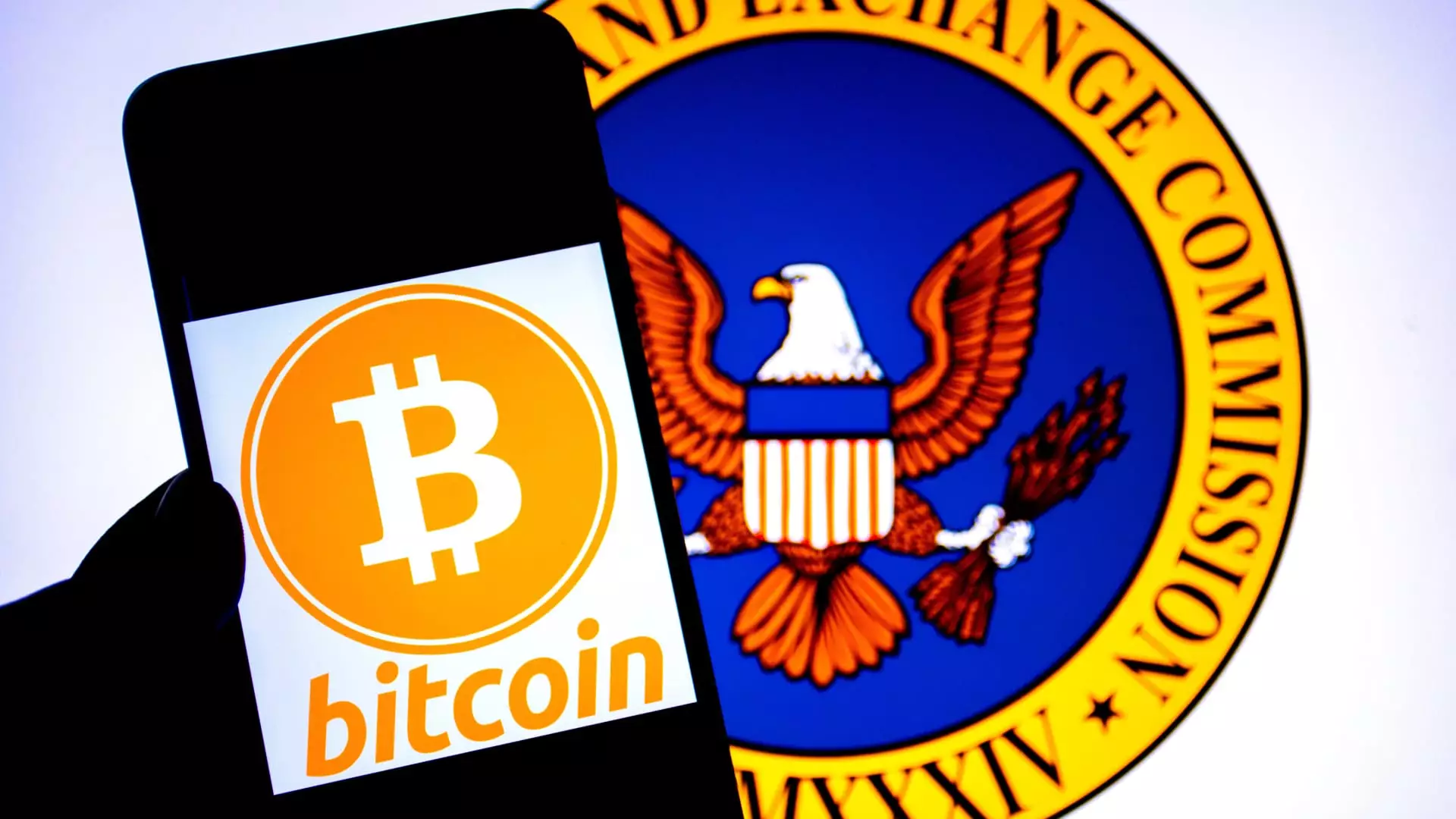In a significant move for the cryptocurrency market, the U.S. Securities and Exchange Commission (SEC) has abolished Staff Accounting Bulletin 121, a ruling that restricted financial institutions from treating digital currencies positively on their balance sheets. This repeal follows extensive lobbying from within the crypto industry aimed at easing the stringent regulations that have long hampered banks’ engagement with cryptocurrencies. Without the imposition of SAB 121, banks may now explore the possession of digital assets like Bitcoin without the fear of categorizing them as liabilities, thereby fostering a more favorable investment landscape.
The decision to revoke SAB 121 did not arise in a vacuum. The original directive, enacted in 2022, was designed amidst growing concerns regarding the volatility and the potential risks associated with digital assets. It mandated banks to follow stringent capital requirements and increased the operational costs associated with providing crypto-related services. Such regulations dissuaded financial institutions from deeper engagements in the crypto market, limiting their activities primarily to derivatives trading and some exchange-traded funds (ETFs). This shift in policy reflects a broader pivot by the current administration towards embracing digital currencies, reminiscent of former President Trump’s more favorable stance on the sector.
Efforts to abolish SAB 121 found a surprising level of bipartisan agreement in Congress, with members from both sides recognizing the need for a more accommodating regulatory environment. The proposed legislation faced a notable setback last year when then-President Joe Biden vetoed it, leaving many in the industry feeling frustrated. However, the recent allowance to rescind this guidance indicates a possibility for evolving attitudes regarding regulation in the financial sector. Particularly relevant to this transformation was the recent departure of former SEC Chair Gary Gensler, whose staunch defense of SAB 121 positioned him as a controversial figure in the eyes of crypto advocates.
The response from various financial leaders has been one of cautious optimism. For instance, Goldman Sachs CEO David Solomon remarked that the bank could reconsider its position on Bitcoin ownership in light of the new regulatory flexibility. Similar sentiments echoed from the leadership of Morgan Stanley and Bank of America during the World Economic Forum, where discussions centered around how an evolving regulatory atmosphere could lead to enhanced cryptocurrency offerings across financial portfolios. SEC Commissioner Hester Peirce’s enthusiasm for the repeal of SAB 121 underscores a foundational shift in the perception of crypto within formal financial circles.
As the SEC establishes a new task force dedicated to crafting a coherent regulatory framework for crypto assets, stakeholders across the board await the forthcoming changes. The elimination of SAB 121 could encourage heightened interest from banks and investment firms, potentially unlocking a wave of innovation and participation from Wall Street in the burgeoning crypto space. With financial institutions eager to explore blockchain transactions and digital currencies, this may herald a more integrated future for cryptocurrencies within the U.S. financial system, paving the way for broader acceptance and novel investment avenues.

